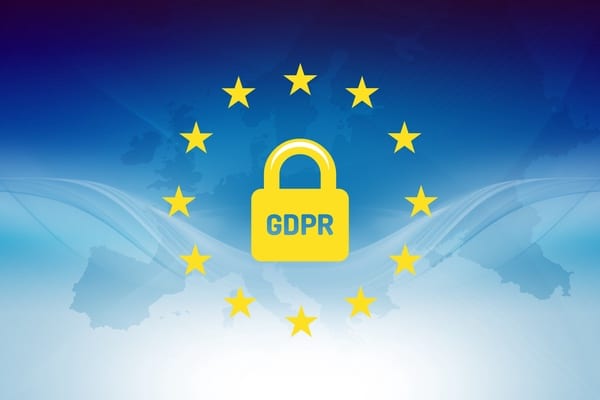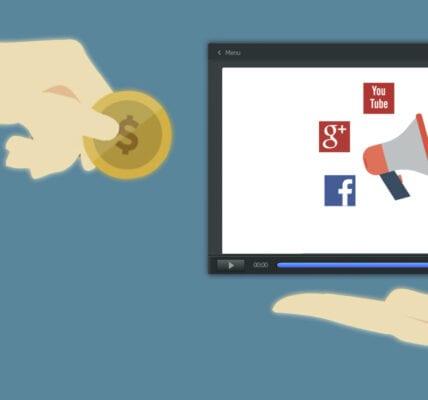This article explores the top 3 ways technology has completely transformed marketing over the years. ‘There’s never been a better time in advertising, and there’s never been a worse’– Aaron Reitkof.
1. Content Marketing
Before technology in 1904, Jell-O sales representatives called door-to-door distributing their cookbooks in order to create a link between their products and desserts. They were creating talk about their brand story. However, thanks to technology marketers have been provided with an entirely new platform. The emergence of online brand communities has completely enhanced the concept of content marketing. Take the Harley-Davidson Biker Community, they refer to themselves as a ‘brotherhood’ as they share stores and images about their bikes through an exclusive Facebook group. This is free marketing for the brand and the community has helped build a loyal customer base.

2. Big Data

Big Data has contributed many advantages to marketing e.g. personalisation. Technology has made it easier and faster for brands to collect data on individuals. For example, when an individual creates a profile on a social network or online shopping website, the information is collected and stored for marketing purposes. This reduces dissatisfaction as consumers will see ads that appeal to their personal interests. Marketers have been given the power to create smarter adverts by understanding their consumers on a deeper level through the collection and processing of this data.
The goal is to turn data into information, and information into insight.
Carly Florina, ex-CEO of Hewlett-Packard
Personalisation
Marketing through personalisation is one of the pivotal advantages of technology. Personalised marketing includes the use of touchpoints which can result in more web traffic e.g. ‘Happy Birthday! Here is a discount code for 10%…’. Studies have shown these touchpoints make consumers feel more welcome and increase sales.
GDPR

However, with all this data comes great responsibility to brands. GDPR is a legislation currently in place across the European Union. Its introduction directly impacted data privacy of the individual while also encouraging businesses to update their cybersecurity systems. The compliance costs are high for businesses however the fines for non-compliance are extortionate – penalties of up to 2-4% of global turnover. Therefore it is crucial for businesses across Europe to employ data stewards and regulators to maintain the highest standards of data privacy and security.
3. Social Media Marketing
In the past decade, social media marketing has become recognised as one of the most efficient and influential implications of technological innovations. Social media has transformed communication between brands and their consumers. Brands can now get a better insight into consumers’ preferences and needs, while consumers will benefit from improved customer care and user experience. It is crucial for all brands to build a strong social media presence through platforms such as Instagram or YouTube.
Influencers
Social media influencers are opinion leaders who post regularly online regarding a range of topics. They generate large followings enthusiastic ‘fans’ who look to them for advice or inspiration. Digital marketing has recently become intertwined with influencer marketing. The recent advances in technology means consumers have access to these influencers 24/7 through their smartphones. Influencers can have a powerful impact on consumers and ultimately can help a business succeed or cause a business to fail entirely. Brands now interact with influencers in order to build a strong brand image on social media platforms. these influencers can be great marketing tools and there are many ways brands engage with them. For example, a clothing brand sends an influencer sample pieces for their next collection, the influencer features the clothes in an Instagram post or YouTube video to raise awareness.
References:
Alalwan, A.A., Rana, N.P., Dwivedi, Y.K. and Algharabat, R., 2017. Social media in marketing: A review and analysis of the existing literature. Telematics and Informatics, 34(7), pp.1177-1190.
Alton, L., 2015. 5 Ways Big Data Benefits Consumers. [online] Customerzone360.com. Available at: <https://www.customerzone360.com/topics/customer/articles/405714-5-ways-big-data-benefits-consumers.htm#> [Accessed 6 December 2020].
Barsby, A., 2016. 9 Benefits Of Personalisation For Digital Marketing | Xanthos Blog. [online] Xanthos Blog | digital marketing, web development and ecommerce. Available at: <https://www.e-xanthos.co.uk/blog/9-benefits-personalisation-digital-marketing> [Accessed 6 December 2020].






Recent Comments